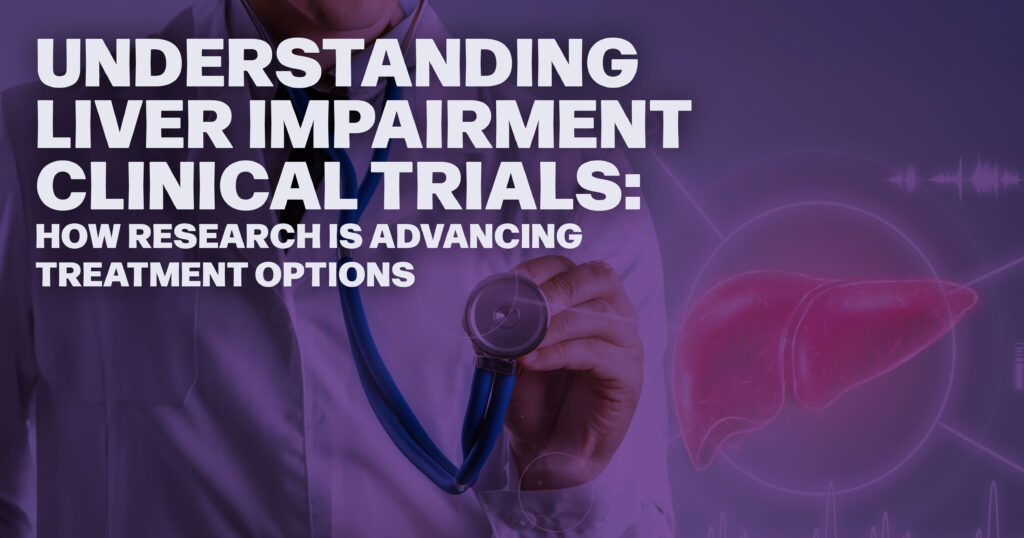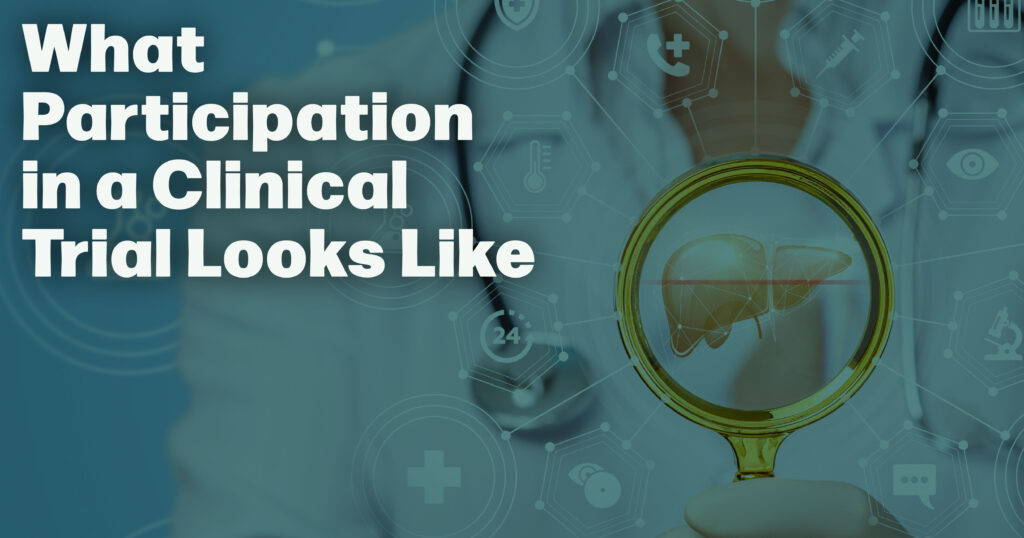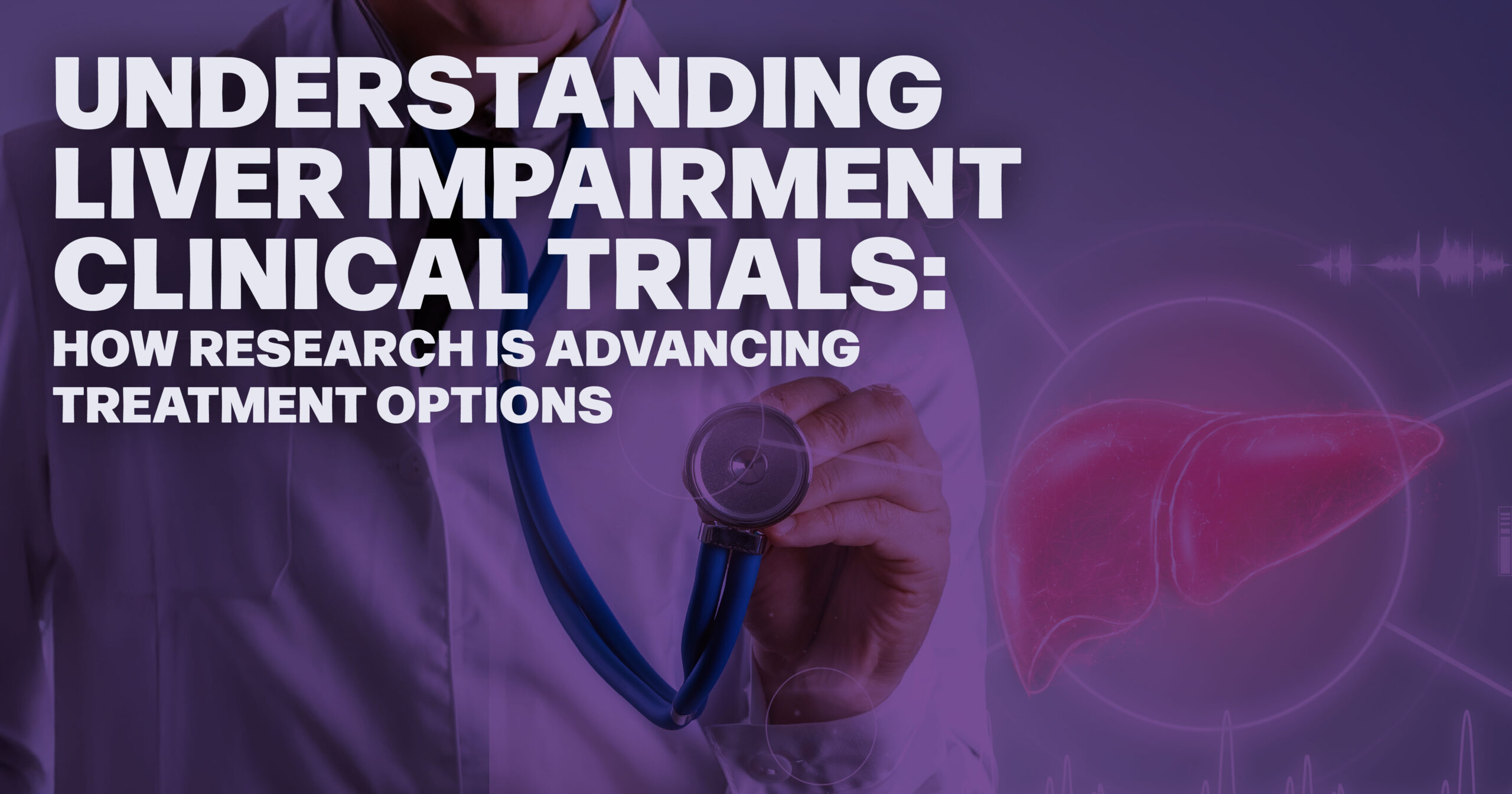
Liver diseases, including conditions like Metabolic Associated Steatotic Hepatitis (MASH) and cirrhosis, are serious and often progressive disorders that can dramatically impact a person’s health and quality of life. However, significant progress is being made in the treatment of these conditions, thanks to clinical trials that are working to develop more effective therapies. By testing new treatments, exploring the mechanisms behind liver disease, and advancing our understanding of how the liver functions, clinical trials are at the forefront of improving outcomes for those affected by liver impairment.
In this post, we’ll explore how clinical trials are developing new treatments for liver disease, with a focus on MASH, cirrhosis, and other forms of liver impairment. Additionally, we’ll look at what participation in these studies involves and why it’s so crucial to advancing care.
The Role of Clinical Trials in Liver Disease Treatment
Liver diseases like MASH (formerly referred to as non-alcoholic steatohepatitis or NASH) and cirrhosis are characterized by liver inflammation and damage that can eventually lead to liver failure if left untreated. While there are treatments for some liver conditions, many are still limited, and new therapies are urgently needed.
Clinical trials are pivotal in discovering and testing new treatments. These trials help researchers understand the safety, effectiveness, and potential side effects of new drugs or therapies. By including a diverse range of participants, clinical trials ensure that potential treatments are tested on various populations, leading to better, more universal options.
Here’s how clinical trials are advancing the treatment landscape for liver diseases:
1. Testing New Drug Candidates
Pharmaceutical companies and research institutions are constantly developing and testing new medications aimed at reducing inflammation, preventing fibrosis (scarring of the liver), or even regenerating liver tissue. Clinical trials help determine whether these drug candidates can slow down the progression of liver disease and improve patients’ quality of life.
2. Addressing the Underlying Causes of Liver Disease
For years, researchers have focused on understanding the root causes of liver diseases, including metabolic disorders like obesity, diabetes, and hypertension, which are linked to conditions like MASH. Clinical trials help uncover the mechanisms driving these conditions, allowing for the development of targeted therapies that address the causes directly.
3. Evaluating Non-Pharmacological Approaches
Clinical trials also explore lifestyle interventions such as diet, exercise, and weight loss. These approaches are especially important for diseases like MASH, where lifestyle changes are integral to managing the disease. Clinical trials assess whether these non-drug interventions can improve liver function and slow disease progression.
4. Expanding Treatment Options for Cirrhosis
Cirrhosis, a late-stage liver disease, has historically had limited treatment options beyond managing complications. However, clinical trials are now investigating new therapies that
may help regenerate liver cells or even halt the progression to liver failure. Stem cell therapy and gene therapy are two exciting areas of research showing promise in treating cirrhosis.

What Participation in a Clinical Trial Looks Like
Participating in a clinical trial offers patients an opportunity to access cutting-edge treatments that may not yet be available through traditional healthcare channels. It can also be a way to contribute to the future of liver disease treatment. But what does participation actually involve?
1. Screening and Eligibility
Before joining a clinical trial, participants undergo a thorough screening process to determine if they meet the study’s criteria. This might involve tests to assess liver function, imaging scans, and a review of medical history. Eligibility criteria vary depending on the type of liver disease being studied, so not everyone will qualify.
2. Informed Consent
All potential participants must provide informed consent, which means they are fully educated on the study’s goals, procedures, potential risks, and benefits. This step ensures that individuals understand their rights and the role they play in the trial.
3. Trial Procedures Participants
in clinical trials may receive the experimental drug, a placebo (in some cases), or a standard treatment as part of the study. They may also undergo regular monitoring, which can include blood tests, imaging, biopsies, and other procedures. These steps allow researchers to track the drug’s effects on the liver and overall health.
4. Potential Risks and Benefits
Like any medical procedure, participating in a clinical trial involves some risk. New treatments might have unexpected side effects, or they may not be as effective as


